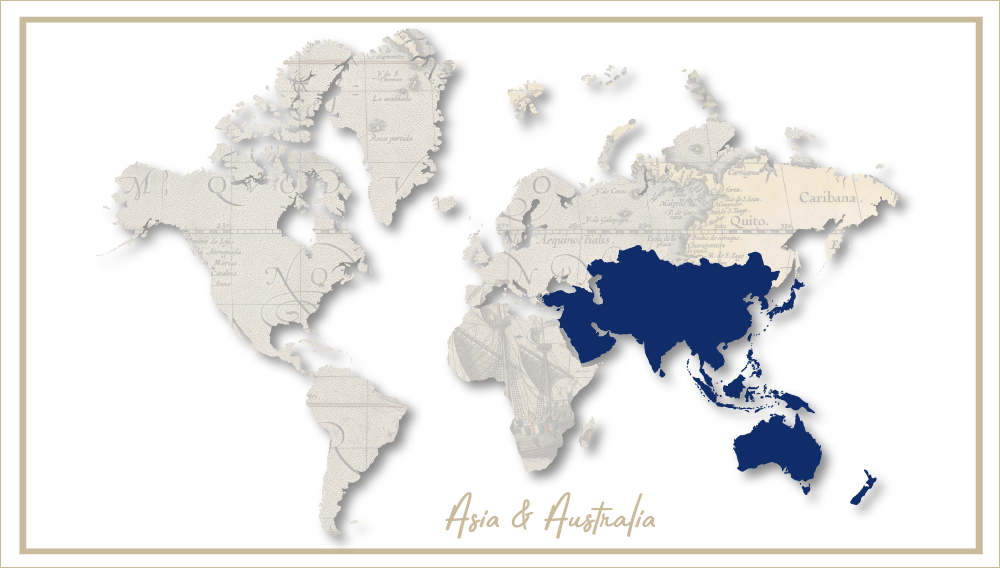Raising the “sin tax”
The Turks’ moderate drinking habits (13 litres of beer per capita) mean alcohol has a fairly low weight in the consumer price index. The impact of a tax hike on tobacco – which the government appears to be forgoing this year – would have been much greater, since around half of male Turks smoke.
The latest increase brings the tax on beer to 63 percent, and analysts say it would raise shelf prices by 11 percent if the increase was fully passed on to consumers.
Taxes on vodka and raki, Turkey’s aniseed flavoured national drink, will rise even more sharply.
The announcement hit shares in Anadolu Efes, Turkey’s biggest brewer, which will now find it harder to pass on the rising cost of raw materials to consumers.
In 2009, the total volume growth of the alcoholic drinks market was slower than in previous years. This was the result of the 2008 global economic crisis, which negatively affected consumer demand.
Despite the crisis, beer performed well in 2009, says Euromonitor, a research outfit. It stole considerable share from wine and spirits in particular, due to its comparatively lower prices. The majority of consumers of alcoholic drinks in Turkey are young people. Thus, the low price of beer made it more popular. Also, an increasing number of new product developments stimulated growth in the category.
As in previous years the alcoholic drinks market was dominated by local players. In 2009 brewer Efes was the leading player with 89 percent of the market. Türk Tuborg, which Carlsberg sold to the Israeli CBC Group in 2008, was the number two player with an 11 percent share.
The alcoholic drinks market is expected to register positive volume and constant value growth until 2014 says Euromonitor, although the smoking ban is expected to affect market growth. However, continuing urbanisation and the high proportion of young people (median age: 28 years) will stimulate sales.

